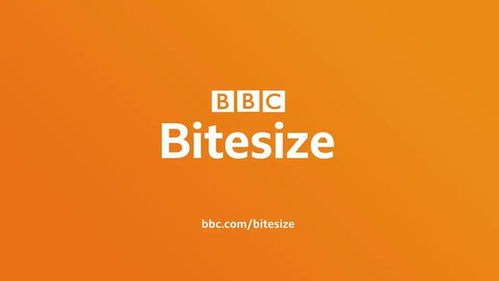
Ice Bite: A Comprehensive Guide
Are you intrigued by the concept of ice bite? Have you ever wondered what it is and how it can be used? In this detailed guide, we will delve into the various aspects of ice bite, exploring its origins, uses, benefits, and more. So, let’s take a bite out of this fascinating topic!
What is Ice Bite?

Ice bite, also known as ice pick attack or ice pick headache, is a rare and severe form of headache. It is characterized by sudden, sharp, and excruciating pain that feels like a needle or ice pick being jabbed into the head. The pain usually lasts for a few seconds to a few minutes and can occur anywhere on the head, but it is most common on the temples, neck, and base of the skull.
Causes and Symptoms

The exact cause of ice bite is unknown, but it is believed to be related to the trigeminal nerve, which is responsible for sensation in the face. Symptoms of ice bite include:
| Symptom | Description |
|---|---|
| Sudden, sharp pain | Pain that feels like a needle or ice pick being jabbed into the head |
| Location | Pain can occur anywhere on the head, but is most common on the temples, neck, and base of the skull |
| Duration | Pain usually lasts for a few seconds to a few minutes |
| Frequency | Ice bite can occur several times a day or just a few times a year |
Diagnosis and Treatment

Diagnosing ice bite can be challenging, as it often mimics other conditions such as migraines or cluster headaches. To diagnose ice bite, a doctor may perform a physical examination, review the patient’s medical history, and conduct imaging tests such as MRI or CT scans.
Treatment for ice bite typically involves medication to manage the pain and prevent future attacks. Common treatments include:
- Triptans: Medications that target the trigeminal nerve and reduce inflammation
- Anti-seizure drugs: Medications that help control the electrical activity in the brain
- Beta-blockers: Medications that reduce blood pressure and prevent blood vessels from dilating
Prevention and Lifestyle Changes
While there is no guaranteed way to prevent ice bite, there are some lifestyle changes and home remedies that may help reduce the frequency and severity of attacks:
- Avoid triggers: Identify and avoid any potential triggers, such as stress, alcohol, or certain foods
- Stay hydrated: Drinking plenty of water can help prevent dehydration, which may trigger an attack
- Regular exercise: Exercise can help reduce stress and improve overall health
- Get enough sleep: Lack of sleep can trigger an attack, so it’s important to maintain a regular sleep schedule
Conclusion
Ice bite is a rare and severe form of headache that can be challenging to manage. However, with proper diagnosis, treatment, and lifestyle changes, many patients can find relief from their symptoms. If you or someone you know is experiencing symptoms of ice bite, it’s important to seek medical attention to receive an accurate diagnosis and appropriate treatment.






